The Vital Role of Nutrition and Diet in Optimizing Health and Well-being
Get started and schedule your appointment today!
Nutrition and diet are fundamental pillars of health, profoundly impacting our well-being, energy levels, and overall vitality. This discourse delves into the multifaceted significance of nutrition and diet in promoting optimal health and enhancing quality of life.
1. Nourishing The Body for Vitality:
A well-balanced diet rich in essential nutrients fuels our bodies, supporting vital functions and sustaining energy levels throughout the day. Nutrient-dense foods such as fruits, vegetables, lean proteins, and whole grains provide the necessary building blocks for optimal physical and mental performance.
2. Alleviating Discomfort and Promoting Digestive Health:
Digestive discomfort and issues like bloating or indigestion can significantly detract from our quality of life. Adopting a diet rich in fiber, probiotics, and digestive enzymes can alleviate these discomforts, promoting a healthy gut microbiome and smooth digestion.
3. Enhancing Mental Clarity and Emotional Well-being:
The foods we consume impact not only our physical health but also our mental clarity and emotional balance. Incorporating omega-3 fatty acids, antioxidants, and mood-boosting nutrients into our diet can support brain function, reduce stress, and enhance emotional well-being.
4. Empowering Independence and Longevity:
A balanced and nutritious diet empowers individuals to maintain independence and vitality as they age. By promoting muscle strength, bone health, and cognitive function, proper nutrition reduces the risk of age-related decline and chronic diseases, enabling individuals to lead fulfilling lives.
5. Supporting Athletic Performance and Recovery:
Nutrition plays a vital role in optimizing athletic performance and facilitating post-exercise recovery. Consuming adequate carbohydrates, proteins, and hydration supports energy production, muscle repair, and replenishment of electrolytes, enabling athletes to perform at their peak and recover effectively.
6. Addressing Dietary Restrictions and Food Allergies:
Nutritional strategies tailored to individual needs are essential for managing dietary restrictions and food allergies. By carefully selecting suitable alternatives and ensuring balanced nutrition, individuals can maintain a healthy diet while managing their specific dietary requirements.
7. Harnessing Technological Advancements and Dietary Tools:
Technological innovations, such as mobile apps and wearable devices, have revolutionized the way we track and manage our diets. These tools enable individuals to monitor their nutritional intake, set personalized goals, and make informed dietary choices, ultimately enhancing their health outcomes.
8. Alleviating the Global Burden of Malnutrition:
Malnutrition remains a significant global challenge, affecting individuals across diverse socioeconomic backgrounds. Nutrition education, community interventions, and policy initiatives are crucial in addressing this burden, ensuring equitable access to nutritious foods and promoting optimal health for all.
Conclusion:
Nutrition and diet are cornerstones of health and well-being, influencing every aspect of our lives. From nourishing our bodies and supporting vital functions to promoting mental clarity and emotional balance, the impact of nutrition on our quality of life cannot be overstated. As we harness technological advancements and collective efforts to address global nutritional challenges, the importance of nutrition in enhancing overall health and societal well-being remains paramount.

